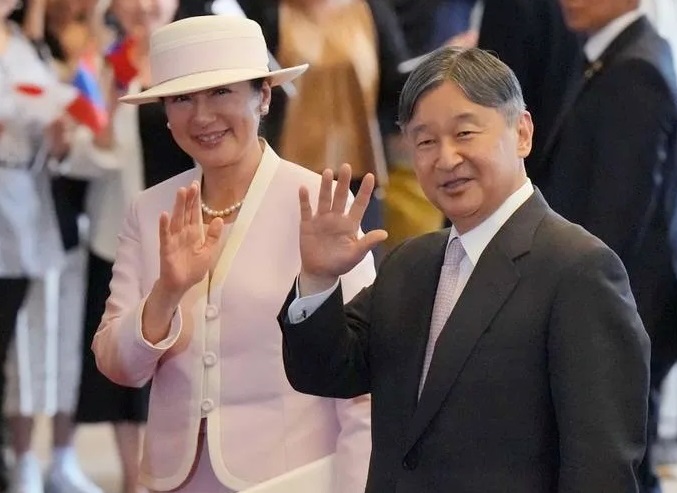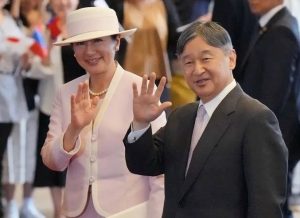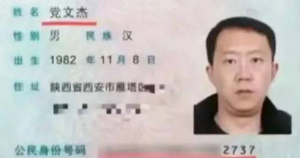Japanese Emperor visits Mongolia for 8 days

Emperor Naruhito of Japan, who is visiting Mongolia, met with Mongolian President Ukhna Khurelsukh on Tuesday. The Associated Press pointed out that the visit marks a closer relationship between the two democratic countries of Japan and Mongolia in a region dominated by Russia and China.
Emperor Naruhito and his wife of Japan made an official visit to Mongolia last Sunday (6th), the first visit to the country by successive emperors. The trip lasted eight days and seven nights.
Japan has always regarded strengthening trade relations with this vast landlocked country with a population of about 3.5 million as a priority. Mongolia has rich coal, copper and other mineral resources, but these resources are mainly exported to China.
Since getting rid of communist rule in 1989, Mongolia has established a resilient democratic system and has worked hard to maintain a balance between China and Russia economically and politically, while receiving strong support from the United States and its Asian allies, including Japan and South Korea.
Tuesday’s visit also included the emperor laying flowers at a memorial outside Ulaanbaatar to commemorate more than 1,700 Japanese prisoners of war who died while detained after World War II. About 14,000 Japanese prisoners of war held by the Soviet Union were transferred to Mongolia after the war ended in 1945, and more than 1,700 of them died, according to Kyodo News.
Emperor Naruhito’s visit comes on the 80th anniversary of the end of World War II.
The Battle of Nomonhan, or the Battle of the Khalkha River, was fought in 1939 at the border between Manchuria and Mongolia, between Japanese and Soviet troops representing Manchukuo and the Mongolian People’s Republic, respectively, but neither side formally declared war on the other. The fighting ended with the defeat of Japan’s Kwantung Army.
In recent years, Emperor Naruhito has visited some of the most brutal fighting and bombing sites of World War II, including Iwo Jima, Okinawa and Hiroshima.
Emperor Naruhito said the visits were part of his efforts to mourn and atone for the tragedy of a war that was waged in the name of his grandfather, Emperor Hirohito.





